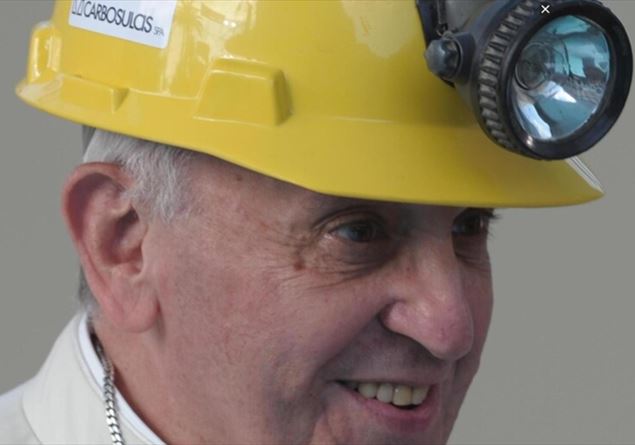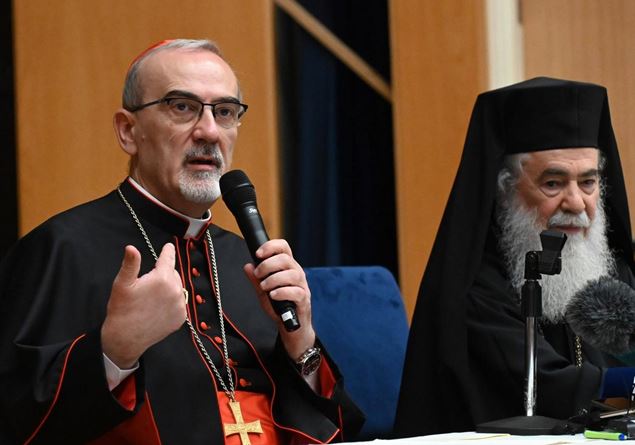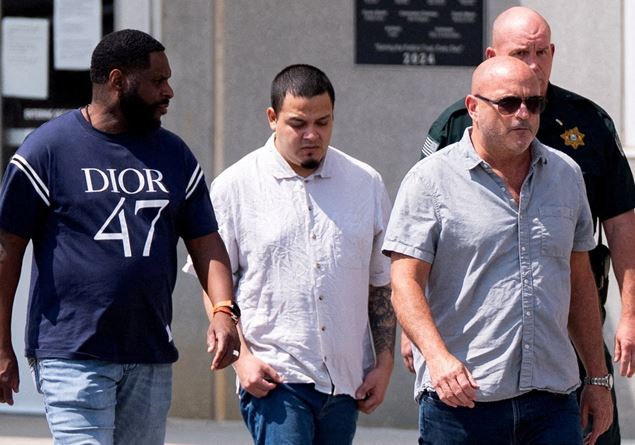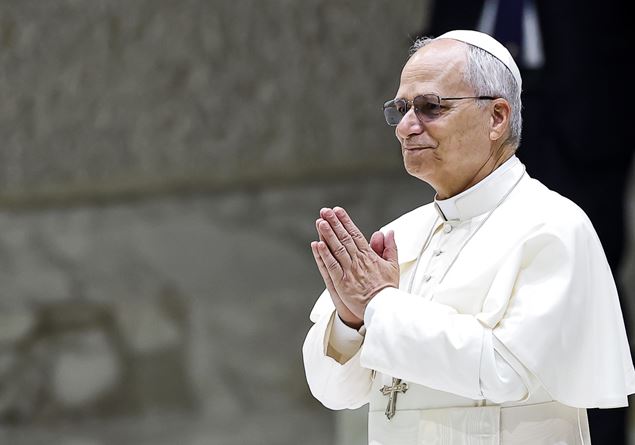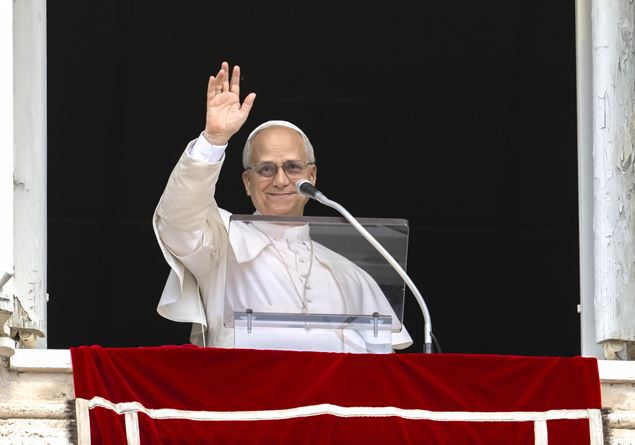Don Bruno Bignami.
For the kind concession of the publisher, we publish the article written by Don Bruno Bignami, CEI manager of the pastoral work of the work, published in the latest issue of the labor labor magazine workdiopyuropa directed by Pietro Martello. To access the magazine website and read the full article, simply click on the following address:
https://www.lavorodirittieuropa.it. It is recommended to open the recent LDE newsletter by clicking here
by Don Bruno Bignami
Pope Francis addressed the theme of work with “an original ability to reflect”, leaving a magisterium that unites “content and gesture” and which “always indicates a concrete commitment”. The figure of Jesus “the carpenter” (Mk 6:3) is central, “who earned bread by working with his hands” (at 65). The work of Christ is “an apprenticeship with respect to life” and “has sanctified the work experience”. His manual skills “transforms matter according to a project and a drawing”, and he “knows how to see a masterpiece in inert matter”.
Francesco’s theology of work is also based on the idea that “without work, Jesus probably did not demonstrate the extraordinary familiarity with those workplaces” from which he draws his parables. The work thus becomes “the serious case of life”, because “God works and invites to work”. According to Francesco, “doing does not equate to producing”, but means “keeping the ability of the hands, the passion of the heart and the ideas of the mind together”. And again: “Are you a worker? Be saint by making your work honesty and competence “(GE 14).
For Francesco, “work is good”, because “ensures the possibility of gaining the seeds that God has placed in each” (FT 162). It is “an indispensable dimension of social life”, which serves “not only to earn bread, but also for personal growth”, for “living as people”. In this perspective, “the technique can do a lot”, but “does not tell us why” of our actions. The work therefore becomes a “therapeutic experience”, which “enhances the person and grows the community style”, to the point that “sometimes he heals working with others, together with others, for others”.
Francesco also “faced the bleeding wounds of the work”. Safety is “like the air we breathe: we realize its importance only when it is tragically lacking”. Against “Carewashing”, he denounces that “it is preferred to take care of your image instead of saving fragile existences”. And it warns: “Life does not stop for any reason, especially if it is poor, precarious and fragile”.
Particular attention is given to young people, women, migrants and “poor workers who hunger with insufficient wages”. Against “the exploitation of people as if they were performance machines”, Francesco denounces “the corporal, the slavery of the laborers, the massacred shifts, the contempt for motherhood, the conflict between work and family”. The work, on the other hand, is “path of maturation and social insertion” (CHV 271). Francesco encourages young people to “not bury their talent” and to “chase their dreams”.
The Argentine pontiff has repeatedly reiterated that “true wealth is people”, and that “without them there is no work community, there is no business, there is no economy”. Remove the work, or to propose an “unworthy or ill -torn work” is “unconstitutional”, and Francesco said strongly: “It must be clear that the true goal to be achieved is not the” income for everyone “, but the” work for everyone “!”. He denounced that “corruption is fueled in the murky of illegality”, because “any failure to corruption is the idolatrial adoration of money”.
However, “problematic situations must not have submissive attitudes.” Francesco invites to “give reasons of hope”, enhancing a cooperative method where “one plus one makes three”. He has promoted concrete dialogues, as with the Italian fishermen of “plastic fishing”. And he indicated in continuous training a main way: “Training touches not only the chapter of skills, but also that of meaning”.
“It is evangelizes through the work of the hands made with love and justice”. The work, for the magisterium of Bergoglio, “is the primary experience of citizenship”, builds “a community of destiny” and weaves “the fabric of democracy”. For this, it must be concluded with an affectionate and powerful expression: “Music, Master!”.





